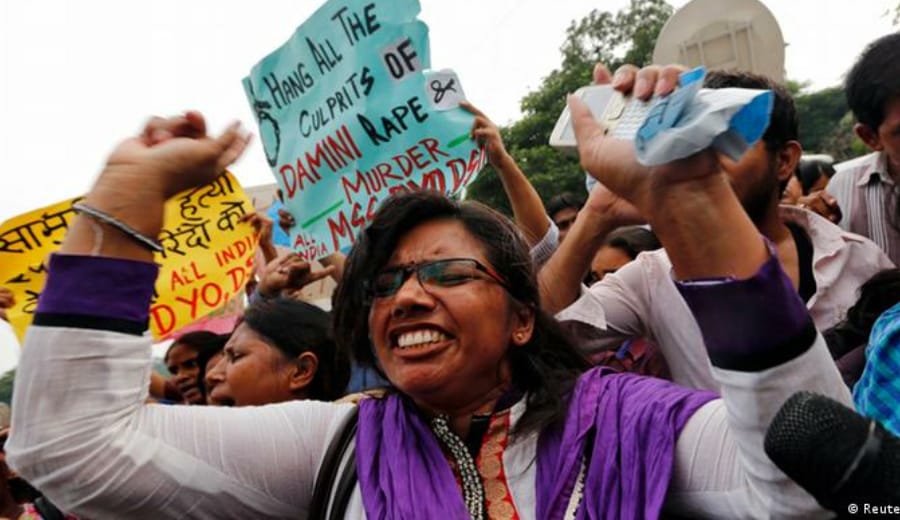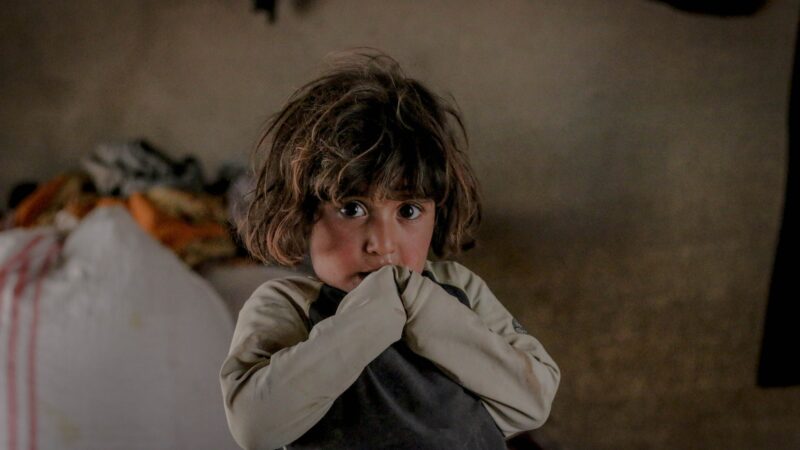Gang rape riveted India!

NEW DELHI — In the months since a gruesome gang rape riveted India, a “women-only” culture has been on the rise here, with Indians increasingly seeking out women-only buses, cabs, travel groups and hotel floors. One city is preparing to open a women-only park. And in November, the government is launching a women-only bank it hopes will empower women financially. In a country where reported sexual violence is increasing — despite heightened attention to the problem — many say the women-only spaces are a welcome refuge from lewd looks, groping and unwanted male attention. The concept appeals to women across a broad spectrum of Indian society, including a 60-year-old named Sarita, who recently traveled to New Delhi from a village in Maharashtra by train and said she still had to squabble with male passengers who tried to sit next to her in the women’s coach. “It’s the ways of men,” Sarita said. “They’re not good. How can we coexist?” But critics argue that the trend toward separation threatens the gains that women have made in education and access to new career fields over the past two decades, as the economy has rapidly modernized. It’s the men who need to change their behavior, they argue, not women. “It’s appalling,” said Jayati Ghosh, an economics professor at Jawaharlal Nehru University in New Delhi. “It’s a way for a patriarchal society to announce it’s not going to protect women. It’s simply going to segregate women and restrict their freedom, instead of securing it.” “Must banks too go pink?” the headline of an editorial in the Hindu, a leading newspaper, asked recently. Some women-only spaces — in trains, on Delhi’s Metro system — already had existed before December, when a 23-year-old physical therapy student was gang-raped and injured so severely she later died. The country’s male-dominated culture is rooted in religious customs and societal norms that date back centuries, and the sexes were long kept separate in schools and temples. But the Dec. 16 rape and subsequent death penalty sentences for the four attackers drew intense attention to the problem of sexual violence against women in India, where reports of rape have increased more than 25 percent in recent years, statistics show. Some women believe the harsh sentences will have little impact and feel the harassment problem is getting worse, forcing them to retreat.





